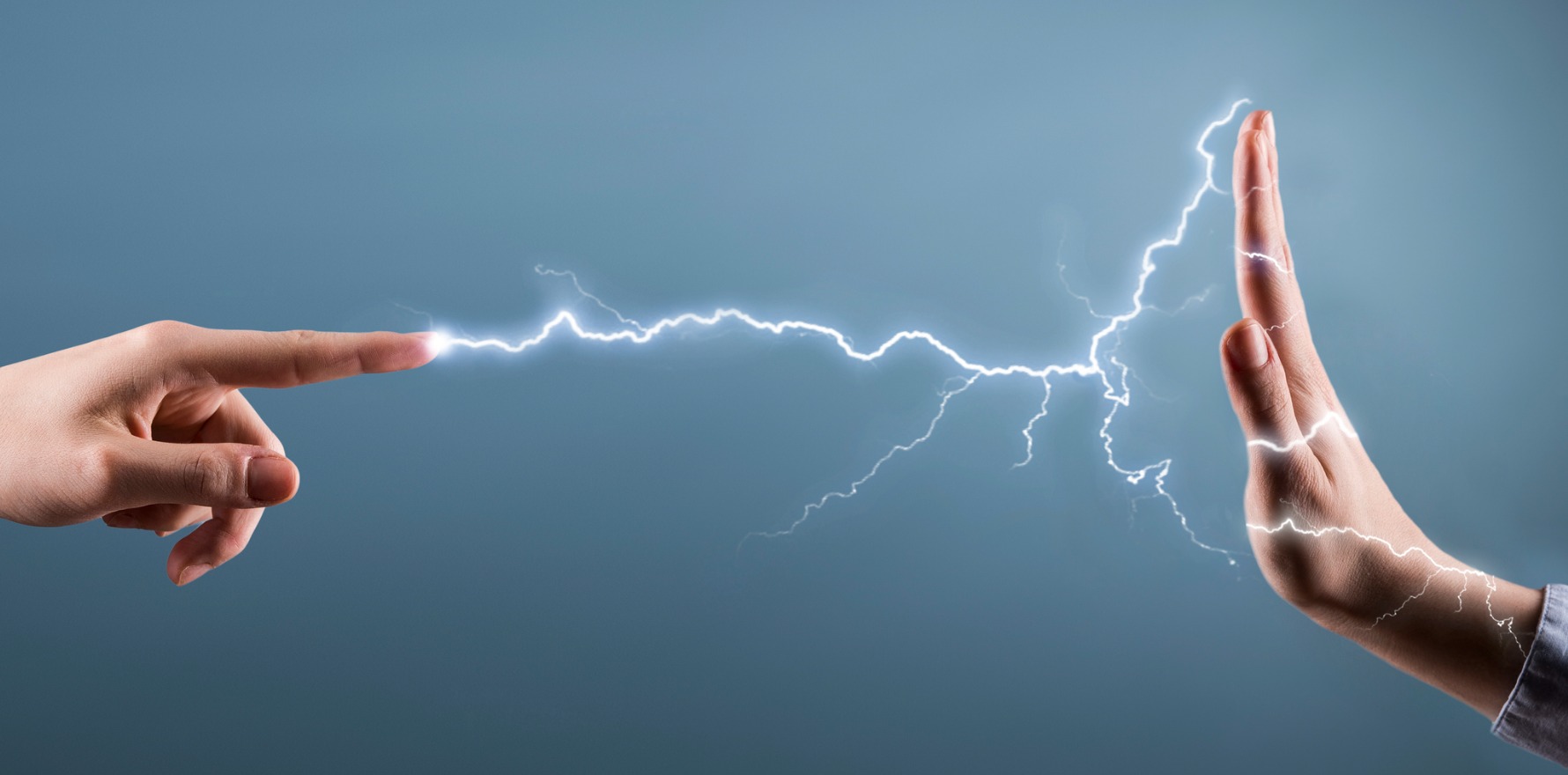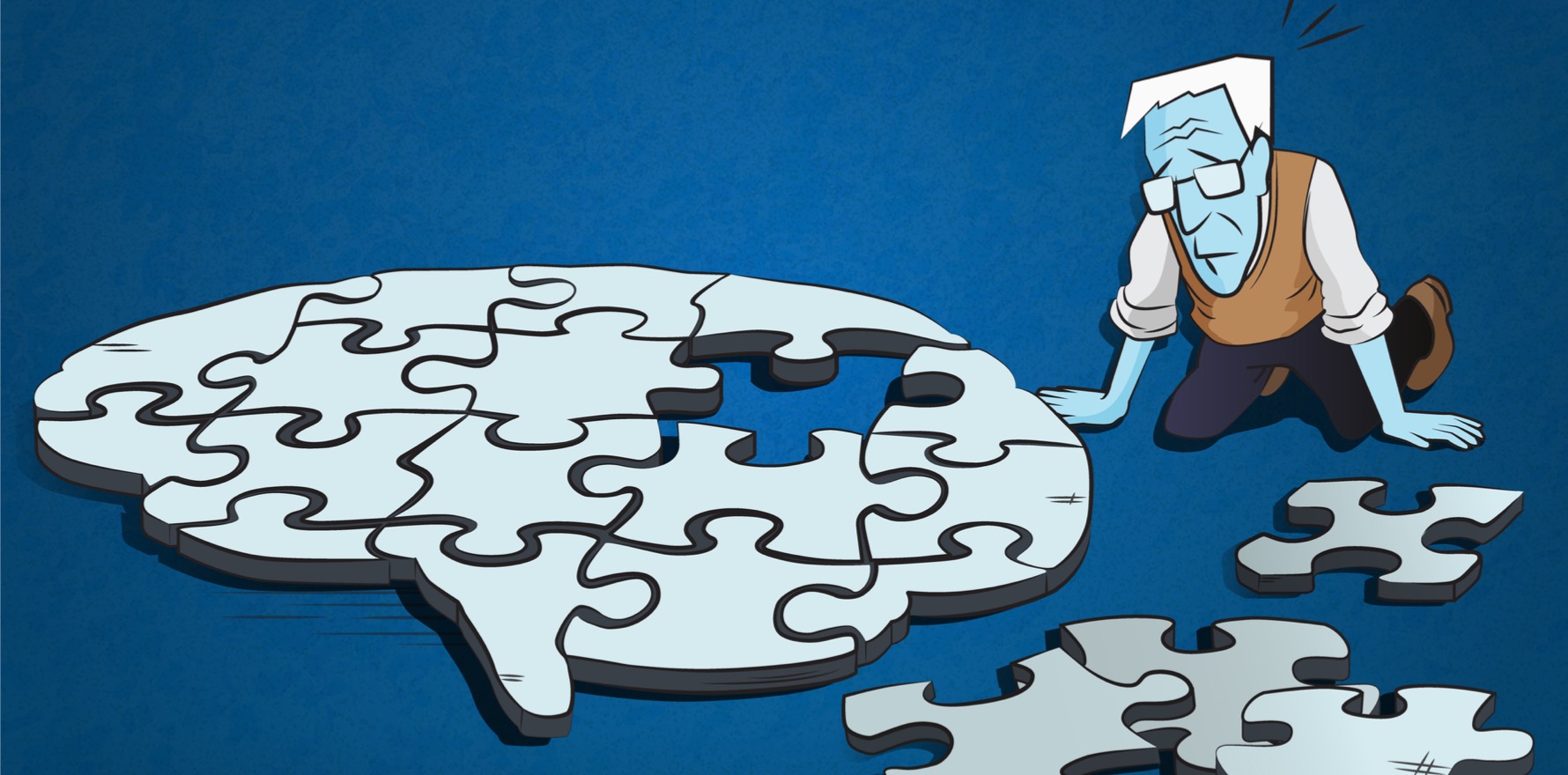And those with anxiety who also experience other common symptoms are at an even greater risk.
Anxiety and Parkinson’s disease are known to go hand in hand, but a new diagnosis of anxiety after the age of 50 may be an indicator of the oncoming development of Parkinson’s, according to a new study from University College London.
Researchers found that the incidence of Parkinson’s in people with late-onset anxiety was 1.02 per 1000 person-years (95% CI = 0.92 to 1.13), compared to 0.49 per 1000 person-years (95% CI = 0.47 to 0.52) in those without anxiety.
The study included 110,000 people who had developed anxiety after the age of 50 and nearly 900,000 matched controls. Researchers tracked overall health and symptoms associated with anxiety and Parkinson’s from the point of anxiety diagnosis to one year before Parkinson’s diagnosis. After the initial anxiety diagnosis, a Parkinson’s disease diagnosis followed between four and 10 years later for 331 people in the cohort.
They adjusted for potentially confounding factors such as age, sex, social deprivation, lifestyle factors, severe mental illness, head trauma and dementia and still found that the risk for those with anxiety was roughly double.
Speaking with The Medical Republic, Professor Lyndsey Collins-Praino, behavioural neuroscientist at the University of Adelaide, said that this research built on previous research with the large number of factors controlled for.
“The thing that this study really added … is it found that in those with anxiety, there were certain additional symptoms like having depression, or having signs of certain motor impairments such as balance impairment or tremor, and having certain autonomic changes like constipation, low blood pressure or fatigue, that also helped to predict that risk [of developing Parkinson’s Disease],” she said.
Related
Hazard ratios indicated that those with late-onset anxiety were 2.3 times more likely to develop Parkinson’s disease if they also suffered from constipation than those who experienced neither of these conditions.
They were 2.2 times more likely to develop Parkison’s disease if they had depression, and twice as likely if they experienced balance impairment. Those with anxiety were also 1.7-1.9 times more likely to develop Parkinson’s if they experienced fatigue, hypotension and/or tremors.
Professor Collins-Praino described a constellation of symptoms for early detection of Parkinson’s, where anxiety is occurring in a patient in conjunction with these other warning signs.
She said key takeaways for clinicians were to make sure older adults were taken seriously when raising these new concerns, that questions were being asked, and that the change in severity of symptoms over time was monitored.
While it was easy to dismiss a lot of these individual symptoms as normal parts of ageing, she said, they warranted followup when they occurred together, when they were more pronounced than in the general population, or when they got worse with time.
Dr Juan Bazo Avarez, co-lead author and senior research fellow in epidemiology and health at the University College London, said in a recent media release: “By understanding that anxiety and the mentioned features are linked to a higher risk of developing Parkinson’s disease over the age of 50, we hope that we may be able to detect the condition earlier and help patients get the treatment they need.”





